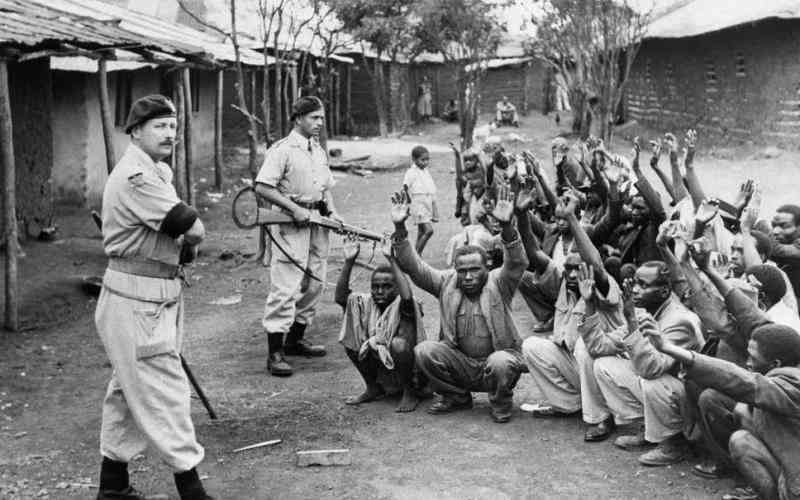×
The Standard e-Paper
Join Thousands Daily

"Those that fail to learn from history are doomed to repeat it" said Winston Churchill - Britain's second world war leader.
He was talking of his country's failure to re-arm after the First World War made a second conflict inevitable. But he could just as easily have been talking about colonialism - something, ironically, this great liberator of Europe believed should have continued in Africa and Asia after WWII was won.